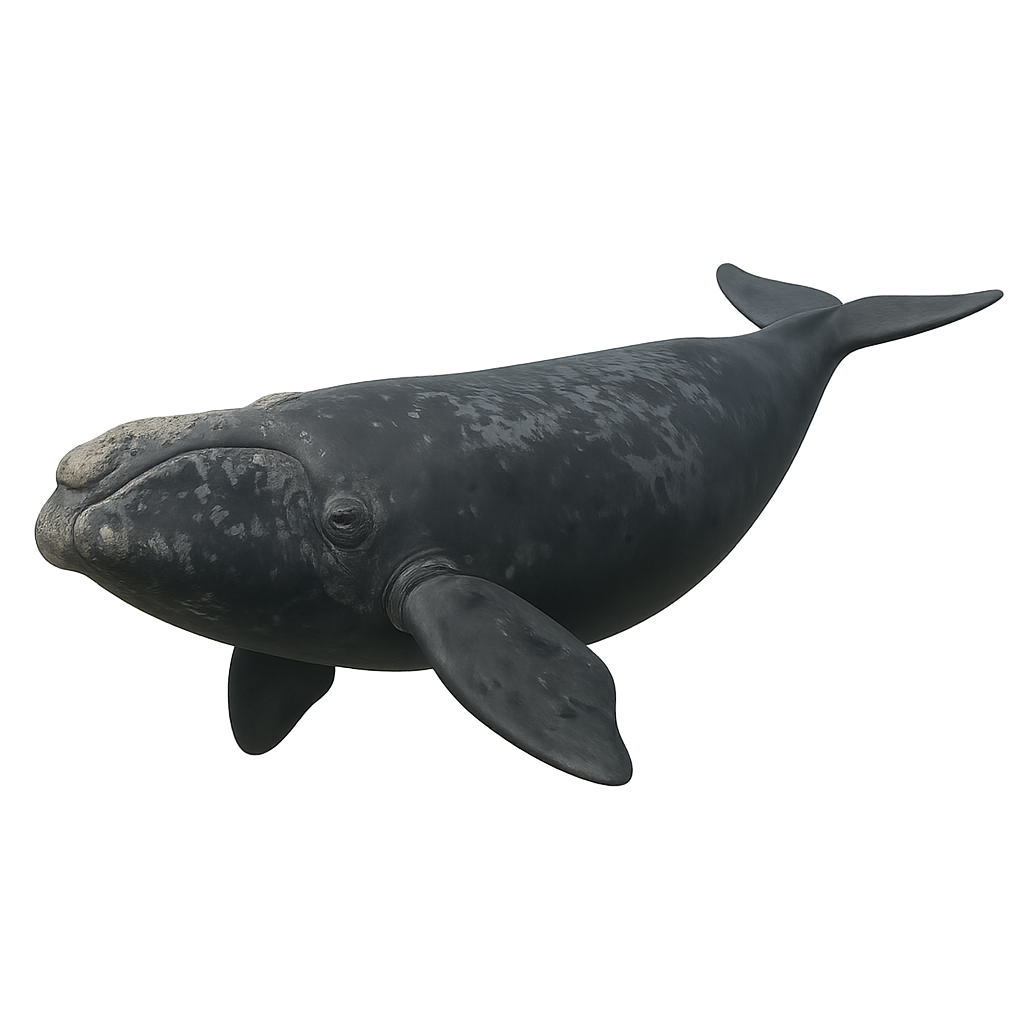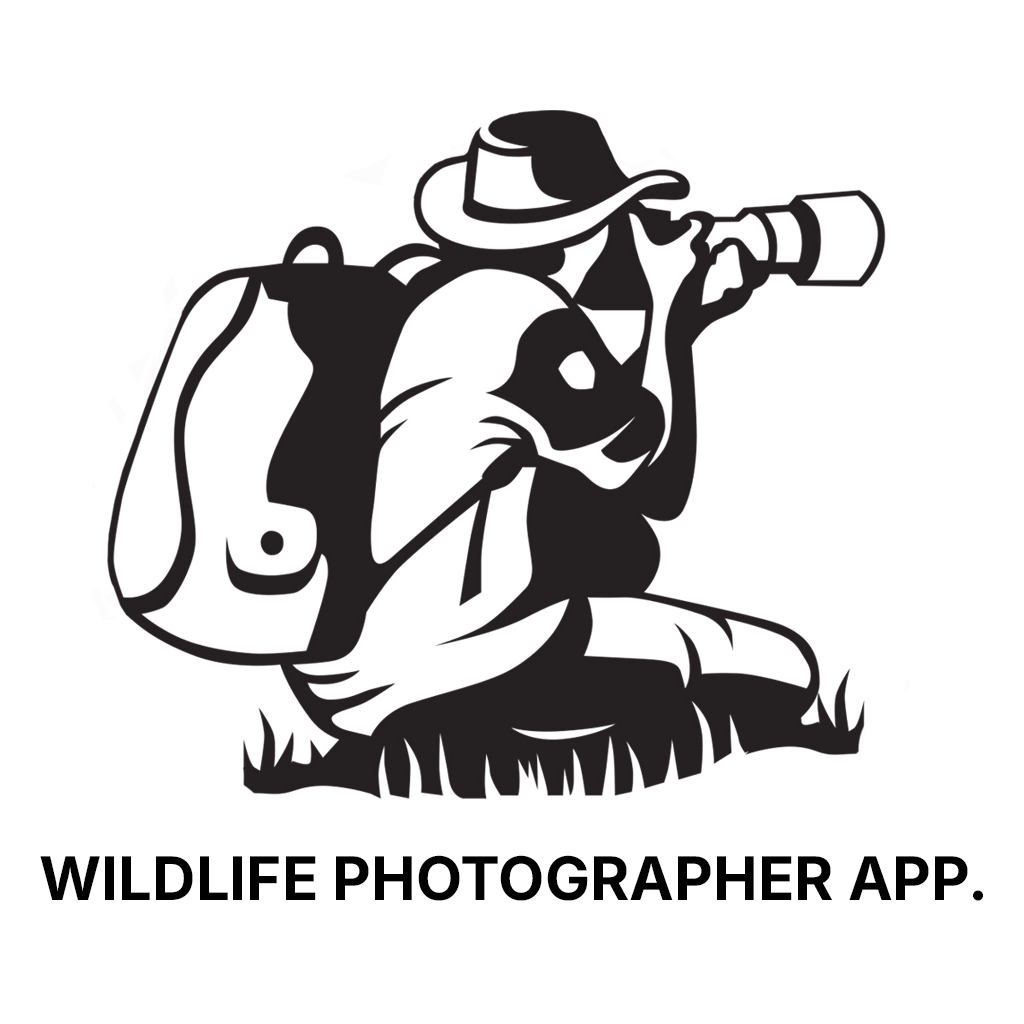Your wildlife photography guide.
Explore the north atlantic right whale in detail, study its behavior, prepare your shots.
Where to observe and photograph the north atlantic right whale in the wild
Learn where and when to spot the north atlantic right whale in the wild, how to identify the species based on distinctive features, and what natural environments it inhabits. The WildlifePhotographer app offers tailored photography tips that reflect the north atlantic right whale’s behavior, helping you capture better wildlife images. Explore the full species profile for key information including description, habitat, active periods, and approach techniques.
North Atlantic right whale
Scientific name: Eubalaena glacialis

IUCN Status: Critically Endangered
Family: BALAENIDAE
Group: Marine mammals
Sensitivity to human approach: Suspicious
Minimum approach distance: 50 m
Reproductive period: January to December
Duration: 350-400 jours
Births: January to December
Habitat:
Atlantic Ocean
Activity period :
Activity varies depending on season, weather, or human pressure.
Identification and description:
The North Atlantic right whale is a large baleen whale, recognized for its imposing size and rough black skin. This cetacean, once hunted for its oil, is now protected and classified as critically endangered. It primarily lives in the coastal waters of the North Atlantic, from New England to Eastern Canada. Feeding on plankton and krill, it uses its baleen plates to filter food. Due to pollution, underwater noise, and ship collisions, the species remains severely threatened.
Recommended lens:
300 mm – adjust based on distance, desired framing (portrait or habitat), and approach conditions.
Photography tips:
Photograph the North Atlantic right whale using a telephoto lens, capturing its slow movements at the water's surface. The best lighting for photographing this whale is early in the morning or late in the afternoon, when the light is soft and the sea is calm. Be sure to maintain a respectful distance, as this species is fragile and easily disturbed by human activity.
From knowledge to field practice
A species profile helps you understand an animal. In the field, the challenge is often different. Remembering your own observations.
The WildlifePhotographer app allows you to:
• record your personal observations
• note locations, dates, and behaviors
• revisit your field references over time
• build a private and long-term field logbook
The app does not provide observation locations.
It helps you organize what you actually observe, with respect for wildlife.

